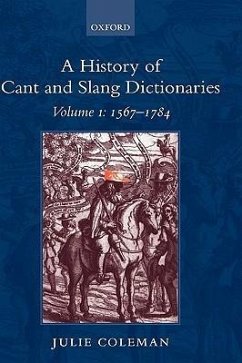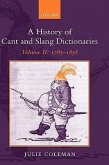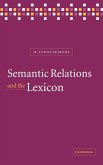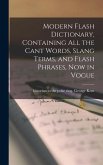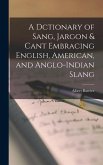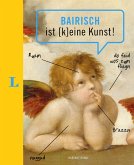This is the first volume in a complete history of the documentation of English cant and slang from 1567 to the present. It gives unparalleled insights into the early history of slang, the people who used it, and how and why it was recorded. Well over a hundred glossaries of cant and slang were published between 1567 and 1784. The cant lists reveal the secret language allegedly used by thieves and beggars to conceal their illicit conspiracies: Dr Coleman investigates where and how they were produced and the relationship between such lists and canting literature. She considers why this period was so fascinated by crime and by criminals, and apparently so obsessed with the need to record their language. How far, she asks, are the lists genuine records of contemporary cant, and how far the products of literary invention? Who produced them, and how were they researched? Who bought them, and what did they hope to gain from them? This absorbing and astute book will be an invaluable resource for anyone interested in English slang and its history. It also provides unusual and unexpected insights into the underworlds of early modern England.
The first of three volumes (volume 2, 1785-1874, forthcoming in 2005; volume 3, 1874 to present, forthcoming in 2007) comprising a complete history of the recording of English cant and slang - the jargon of sport, trade, and crime - which give unparalleled insights into the history of slang and the people who used it. Provides information on words and their meanings such as 'ziff' (a young thief), 'bundletail' (a short fat or squat lass), and 'arsworm' (a little diminutive fellow).
The first of three volumes (volume 2, 1785-1874, forthcoming in 2005; volume 3, 1874 to present, forthcoming in 2007) comprising a complete history of the recording of English cant and slang - the jargon of sport, trade, and crime - which give unparalleled insights into the history of slang and the people who used it. Provides information on words and their meanings such as 'ziff' (a young thief), 'bundletail' (a short fat or squat lass), and 'arsworm' (a little diminutive fellow).

